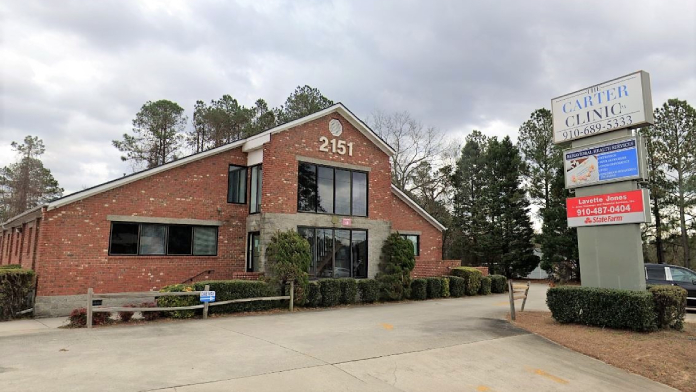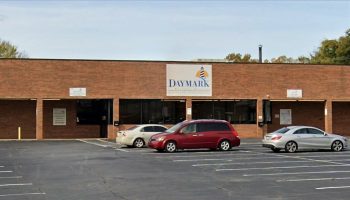About The Carter Clinic Fayetteville
The Carter Clinic is in a nondescript brick building in a suburban corner of Fayetteville, North Carolina. It’s right off the 41. The center is named after James H. Carter, a noted professor of psychiatry at Duke University. They focus on treating patients who are addicted to or dependent on opiates. Adults who are attempting to recover are the target of their medication assisted treatment program.
Suboxone is part of a weekly plan that they prescribe to help patients on their road to recovery. They handle a variety of mental health issues, common illnesses and general medical services. Their team of professionals consists of board certified psychiatrists, nurse practitioners, physician associates as well as therapists and technicians.
The clinic provides a range of services designed to satisfy each patient’s particular requirements. Treatment for chronic mental illnesses, psychiatric evaluations, medication management, and individual couples and family therapy are available. They also offer peer support, psychological testing, referrals, and buprenorphine treatment for opiate dependence. They provide comprehensive programs for women in recovery that are intended to create a secure and caring atmosphere.
I also really like that they host community events, often over Zoom. It shows that they’re invested in helping locals, and they frequently advocate for greater education programs to spread awareness. Programs often include faith and spiritual components to motivate the public.
They accept numerous insurance plans such as Medicaid, Medicare, and TRICARE so underserved populations can access their services. In order to accommodate varying financial circumstances, they provide a sliding scale fee schedule for individuals without insurance.
Levels of Care
-
Inpatient
Inpatient and residential programs provide round-the-clock medical and emotional support as you live at the treatment facility. This level of care may be recommended if you have severe addictions or mental health conditions since it removes outside distractions and allows you to focus solely on therapy.
-
Outpatient
In outpatient therapy, you’ll attend therapy sessions several times each week while living at home. This is ideal if you have a strong support system and a lower risk of relapse. Outpatient treatment offers flexibility to maintain work, school or family obligations.
Detox Service Setting
-
Inpatient Detox
Inpatient detox occurs in a dedicated treatment facility. You’ll live there around the clock and receive intensive medical support and supervision to help manage your withdrawal symptoms. It is suitable for individuals with moderate to severe addictions as it ensures a stable detox environment.
-
Outpatient Detox
Outpatient detox gives you access to medically supervised withdrawal services while still allowing you to live at home. You’ll attend a clinic for treatment and monitoring. This flexible option is suitable for those with mild to moderate withdrawal symptoms who have strong support systems.
Programs
-
Alcohol Detox
Alcohol detox programs offer medical support to help individuals withdraw safely from alcohol. Your care team may use medications to ease your symptoms and provide medical monitoring to address complications.
-
Drug Detox
Drug detox programs support individuals who are withdrawing from addictive substances like cocaine and heroin. Medical support helps you manage symptoms in a controlled and safe environment so you can achieve initial sobriety.
Payment Options
- Private Insurance
- Self Pay
Contact
2151 US-401
Fayetteville, NC 28314





